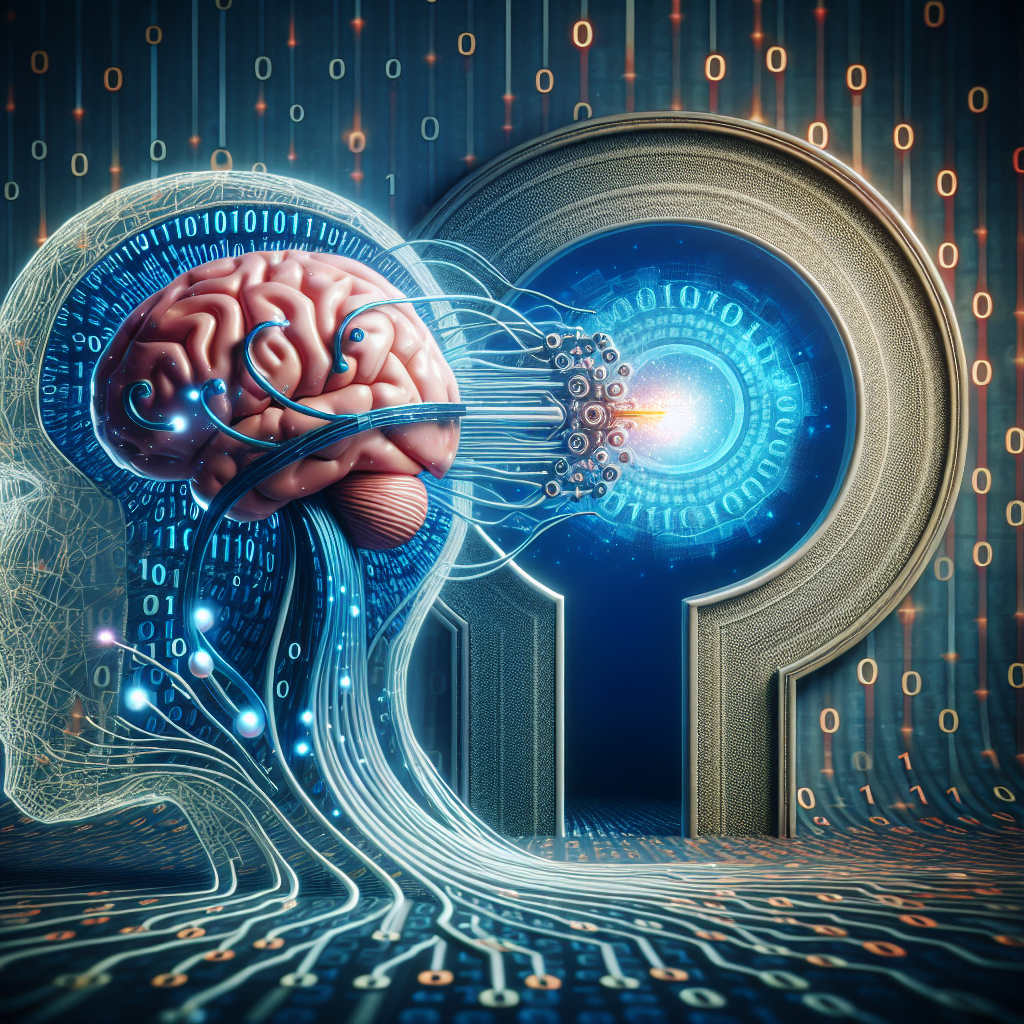Artificial General Intelligence (AGI) is the next frontier in the field of artificial intelligence. AGI refers to a type of intelligence that is on par with human intelligence, capable of performing a wide range of tasks and understanding complex concepts. Achieving AGI has been a goal of AI researchers for decades, and the progress made in recent years has brought us closer to realizing this vision.
AGI is distinct from narrow AI, which is designed to perform specific tasks or solve particular problems. While narrow AI has been successful in areas such as image recognition, natural language processing, and game playing, it lacks the versatility and adaptability of human intelligence. AGI, on the other hand, is designed to be more flexible and general-purpose, able to learn and apply knowledge in a wide range of domains.
One of the key challenges in developing AGI is creating algorithms and systems that can learn and generalize from limited data. Human intelligence is characterized by its ability to learn from a few examples and apply that knowledge to new situations. This ability, known as “transfer learning,” is essential for achieving AGI. Researchers are exploring various approaches, including deep learning, reinforcement learning, and symbolic reasoning, to build systems that can learn in a more human-like manner.
Another important aspect of AGI is the ability to understand and generate natural language. Language is a powerful tool for communication and reasoning, and a key aspect of human intelligence. Developing AI systems that can understand and generate natural language is crucial for achieving AGI. Recent advances in natural language processing, such as transformer models and GPT-3, have shown promising results in this area.
AGI has the potential to revolutionize many aspects of our society and economy. From healthcare to education, transportation to entertainment, AGI could transform how we live and work. AGI-powered systems could assist doctors in diagnosing diseases, help teachers personalize learning for students, optimize traffic flow in cities, and create immersive virtual worlds for gaming and entertainment.
However, achieving AGI also raises important ethical and societal concerns. As AI systems become more intelligent and autonomous, questions arise about their impact on jobs, privacy, security, and decision-making. Ensuring that AGI is developed and deployed in a responsible and ethical manner is crucial to harnessing its potential for the benefit of humanity.
In this article, we will explore the key concepts and challenges related to AGI, discuss the current state of research in the field, and examine the potential implications of achieving human-level intelligence in machines.
FAQs about AGI:
Q: What is the difference between AGI and artificial superintelligence?
A: AGI refers to human-level intelligence in machines, capable of performing a wide range of tasks and understanding complex concepts. Artificial superintelligence, on the other hand, refers to intelligence that surpasses human intelligence in all domains. While AGI is still a goal for researchers, artificial superintelligence is a hypothetical concept that raises concerns about the potential risks and benefits of highly intelligent machines.
Q: How close are we to achieving AGI?
A: While significant progress has been made in AI research in recent years, achieving AGI remains a challenging task. Researchers are making strides in areas such as deep learning, reinforcement learning, and natural language processing, but there is still much work to be done to create systems that can learn and reason like humans. Estimates vary, but some experts believe that AGI could be achieved within the next few decades.
Q: What are the potential benefits of AGI?
A: AGI has the potential to revolutionize many aspects of society and economy. From healthcare to education, transportation to entertainment, AGI could transform how we live and work. AGI-powered systems could assist doctors in diagnosing diseases, help teachers personalize learning for students, optimize traffic flow in cities, and create immersive virtual worlds for gaming and entertainment.
Q: What are the risks and challenges of AGI?
A: Achieving AGI raises important ethical and societal concerns. As AI systems become more intelligent and autonomous, questions arise about their impact on jobs, privacy, security, and decision-making. Ensuring that AGI is developed and deployed in a responsible and ethical manner is crucial to harnessing its potential for the benefit of humanity.
Q: How can we prepare for the advent of AGI?
A: As we move closer to achieving AGI, it is important to start thinking about the implications and challenges that come with human-level intelligence in machines. This includes developing regulations and guidelines for the ethical use of AI, investing in education and training for the workforce of the future, and fostering a public dialogue about the potential risks and benefits of AGI.
In conclusion, AGI represents a major milestone in the field of artificial intelligence, with the potential to transform many aspects of our society and economy. Achieving human-level intelligence in machines is a challenging task that requires advances in algorithms, data, and computing power. While there are still many unanswered questions and challenges to overcome, the progress made in recent years brings us closer to realizing the vision of AGI. By addressing the ethical, societal, and technical aspects of AGI, we can harness its potential for the benefit of humanity and create a more intelligent and inclusive future.

